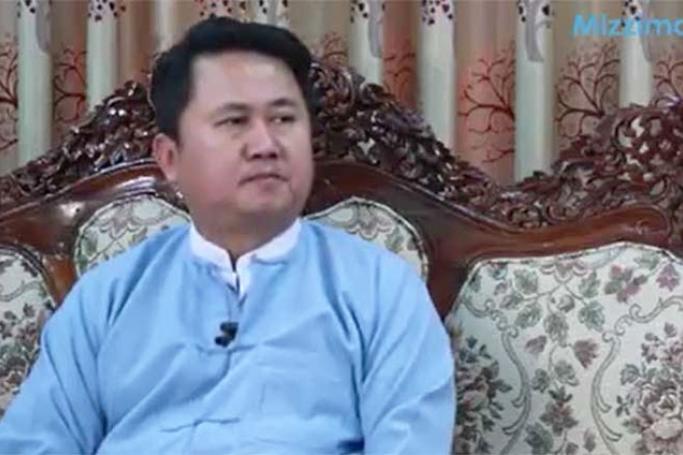Farmers’ Day, also known as Peasants’ Day, was celebrated yesterday in Myanmar to honour those who work in the country’s agricultural industry. Mizzima’s Zayya Maw met with Dr.Soe Tun, Myanmar Rice Federation (MRF) chairman to discuss the annual occasion.
What would you like to say about Peasants’ Day?
Successive governments say they gave higher priority for peasants. The flag of the Ma-Sa-La (Socialist) era featured an ear of paddy rice. The Tatmadaw government (military junta) and U Thein Sein’s government said the same. The [current] government said the same, too. But they need to work so the agricultural sector is developed and the living standards of peasants become higher. On Peasants Day, if either Daw Aung San Suu Kyi or the President speaks about a systematic future plan regarding peasants, they will be encouraged, I think.
Could you please tell me about the current situation of Myanmar’s agricultural sector?
The current agricultural sector has not developed too much. Peasants still have to struggle. The main problem is that production cost is high. There are problems related to getting good paddy rice seeds. Productivity has decreased. There are weaknesses in our agricultural techniques. There are difficulties related to land reformation. Another problem is a scarcity of agricultural workers. And the prices of paddy rice have decreased. It is a problem that peasants cannot directly reach the market. And the market is not strong. And there are weather-related problems such as floods in lower Myanmar due to heavy rain while there are water shortages in upper Myanmar. Plus, paddy plants are often infested with insects. We have problems like this, and there is no guarantee to overcome the problem.
You said the situation of the market is not good. So, what does Myanmar’s paddy rice market depend on?
The paddy rice market depends on the world’s paddy rice market. Sometimes, world rice prices fall. Our main problem is that our production cost is high and the crop yield per acre is low. So, peasants do not get profits. Other nations’ yield per acre is about 200 Tinn (1 Tinn= 1.125 bushel) per acre while our country’s yield per acre is just about 60 or 70 Tinn. This is one of the main problems. So even if the peasants urge authorities to increase paddy prices, they will not be able to sell paddy at prices higher than world prices.
What is the current situation of peasants?
They still have to struggle. They struggled in the past. They are struggling right now, too.
As chairman of the Myanmar Rice Federation, how would you improve the situation for peasants?
Improving their status will only be possible if the government leads. It is not too easy for the private sector to do it. Anyway, we will do as much as we can. But the authority of the private sector is limited. Holding workshops is not effective anymore. The situation remains the same. There are weaknesses in land reformation, getting good seeds, matters related to agricultural reservoirs and market, and plans for natural disaster recovery.
You are viewing the old site.
Please update your bookmark to https://eng.mizzima.com.
Mizzima Weekly Magazine Issue...
14 December 2023
Spring Revolution Daily News f...
13 December 2023
New UK Burma sanctions welcome...
13 December 2023
Spring Revolution Daily News f...
12 December 2023
Spring Revolution Daily News f...
11 December 2023
Spring Revolution Daily News f...
08 December 2023
Spring Revolution Daily News f...
07 December 2023
Diaspora journalists increasin...
07 December 2023
Mizzima interview with Mr Adriano Campolina, Chief Executive, Action Aid International












